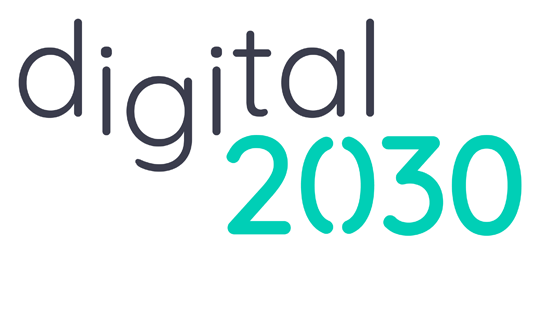
Reducing Inequality
Using digital skills and data science to explore:
Sustainable Development Goal (SDG) #10

Question: What does inequality mean to you?
Ziyanda: "Two people sitting in the same room and the same space but they literally don’t have access to the same resources or the same information."
Quan: "The difference, especially in the financial situations, of each individual. It’s like inequality in chances."
Azka: "I feel like inequality is basically the unequal access of opportunities."
Yakim: "When there is something above and something below."
Maya: "When one thing isn’t fair to all people, size, race, like anything—diversity."
Now it’s your turn! We want to hear from you.
See what other teens think about inequality:
Be sure to look for links marked with – they offer helpful insights and a more in-depth exploration of design considerations.
Now it's your turn to ask the questions.
What do you want to ask the community?

What would you like to know about the inequality experienced by youth in other communities and countries?
Ziyanda: "Do you feel discouraged before applying for a certain role or position based on you not fulfilling the requirements."
Azka: "Different ways that we can best share our voices towards helping them."
Maya: "There are so many points of inequality that it differs between countries, differs between people, differs between races, and even sometimes religions have impacts on it too. So I’d be interested really to see what the different views are in different countries."
Nina: "When it comes to aspects such as social class, where do priorities lie? Because I know that when it comes to social class, having a higher income bracket means having more choice for a lot of people."
Quan: "How the government should be able to solve the inequality, especially in education. Because I always consider education as an important aspect to diminish inequality."
Now it’s your turn! We want to hear from you.
Community poll of the month
Each month, we feature a new community-submitted poll.
We’ve seen how data visualization skills can help us better understand inequality in the world, aiding us in the development of solutions.
But what about emerging technologies such as chat AI systems, e.g. ChatGPT? Could these tools also play a role in reducing inequality?

What role do emerging technologies play in our world today?
Nina: "With this new-found advanced AI in our world today, technology is basically what's holding our society back right now. For example, a lot of jobs are remote, we rely a lot on AI now just to get basic jobs done."
Nathaniel: "Technology is advancing, so we have to evolve with technology."
Quan: "Honestly, ChatGPT has been changing my search behavior. So normally I just look—when I want to know about something, I open my phone, definitely go on Google.com, search for something on that. And not, it’s just like, I open the ChatGPT app and I ask it, like, literally ask it."
What role can these technologies play in helping to reduce inequality?
Lilas: "I'm thinking of artificial intelligence that can process data and develop solutions to help the poorest people, etc. You can help people in situations of inequality."
Ziyanda: "Technology cuts through a lot of the barriers and the loopholes that you would find without technology. It gives us building blocks to start to think about innovative ways to implement things in our daily lives. And also, it connects the world."
Now it’s your turn! We want to hear from you.
Let’s ask a chat AI some questions about inequality and see how we feel about it.
What does inequality look like to a teenager in ?
Give me some examples of inequalities that are unique to teenagers in and write them from a teenager's point of view.
What are some solutions to the inequalities experienced by teenagers in ?
Before we continue to use and rely on a technology like chat AI, what are the critical questions we should be asking?

Before we continue using a tool like Chat AI, what important questions should we be asking?
Ziyanda: "Who’s feeding into this data? How accurate is it? What biases do these people have?"
Nina: "It’s very easy to capitalize on AI, I think. And as a result, it might not even be accessible to those who already can’t afford education in the future, which makes the gap even larger, when we have people who are more privileged having more access to AI tools, whereas people who are less privileged have even less access to these tools."
Azka: "There are obviously ethical concerns as well with any AI tool about privacy concerns and data issues."
Yakim: "There are definitely a lot of risks, because it’s very different from humans. I read so much on the internet that AI can replace so many jobs, so it feels very scary. But I believe we can somehow manage it."
Now it’s your turn! We want to hear from you.
Let’s see what chat AI has to say about some of these important questions.
What are some important questions we should ask when considering using a technology like chat AI?
What are some of the risks of using a technology like chat AI?
What are the risks in using chat AI in addressing SDGs like Reducing Inequality?
What are the benefits of using chat AI in addressing SDGs like Reducing Inequality?
How does chat AI know what inequality looks like for teens from different countries?
Thank you for completing The Digital2030 Challenge: Reducing Inequality!
Be sure to come back and check out new submissions, community polls, and the latest results.
This is just the beginning! We invite you to keep exploring the topic with our additional resources and social media platforms!
Keep Exploring
Charitable registration no. 812448538RR0001
© Digital Moment 2024
